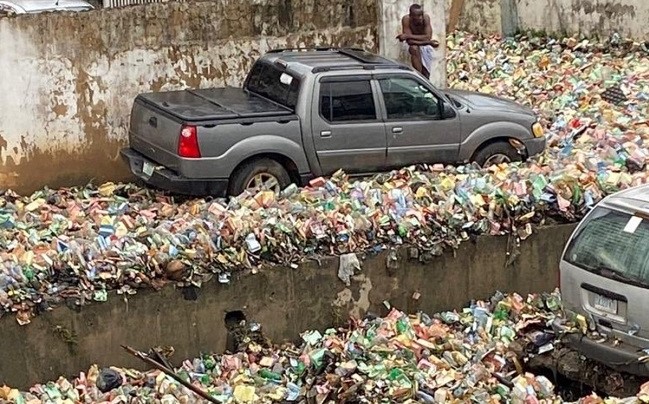SEO Riders:
– Lagos generates 13,000 t of waste daily—drains release ~34 kg plastic per person annually.
– Strategic mix: bans, EPR, infrastructure upgrades, public behavior change.
– Private-sector recycling hubs and community clean-ups scale green jobs and circularity.
Lagos, one of Africa’s largest megacities, faces a pressing plastic crisis, producing over 13,000 tonnes of waste daily, with each resident contributing approximately 34 kg of plastic pollution into waterways annually. In response, Commissioner Tokunbo Wahab has implemented a phased strategy beginning with the 2024 ban on styrofoam, followed by a July 2025 ban on single-use plastics (SUPs) including straws, cutlery, and bags. This policy, built on 18 months of stakeholder consultation with recyclers like FBRA and Tetra Pak, combines bans with an Extended Producer Responsibility (EPR) model, engaging manufacturers in waste recovery.
Complementing legislative action, the state has partnered with ZoomLion and LAWMA to upgrade waste logistics, build Material Recovery Facilities and Transfer Loading Stations, and intensify enforcement—resulting in over 6,700 environmental arrests between January and May 2025. Strong civil society and private-sector efforts—such as recycling businesses like Wecyclers and Greenhill Recycling—are recovering hundreds of tonnes of plastic monthly, creating jobs and shifting waste into revenue streams. Community-led clean-ups, including coastal initiatives and “Rite on the Beach,” combined with widespread public education campaigns, show that behavioral change is key. Together, this integrated approach positions Lagos as a model for plastic pollution reduction, demonstrating how strong political commitment, infrastructure investment, and grassroots action can transform urban waste into green prosperity.
